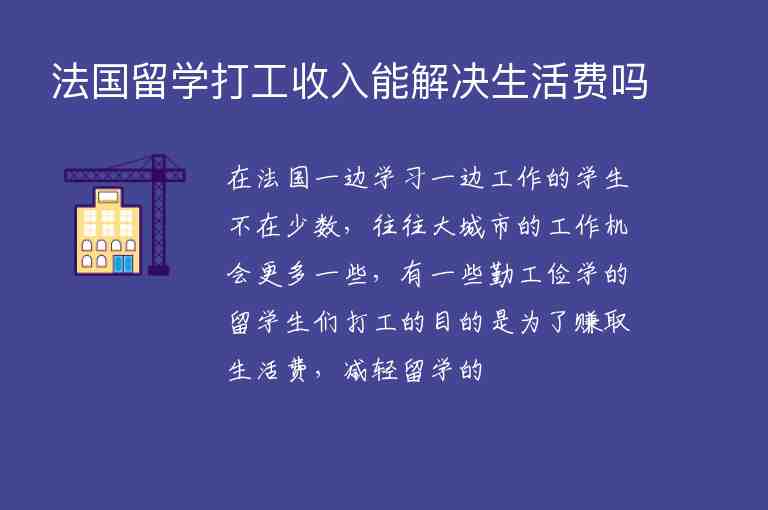ascent是一个名词,表示向上的移动或提升,也可以指攀登或上升的过程。在古代文学中,ascent也可以指或道德上的提升。在地理学中,ascent还可以指河流从源头到出口的高度差。
怎么读(音标)
英 [əˈsent] 美 [əˈsɛnt]
用法
1. 作为名词使用时,ascent通常用来表示向上移动或提升的过程。
2. 在地理学中,ascent还可以指河流从源头到出口的高度差。
3. 在古代文学中,ascent也可以指或道德上的提升。
例句
1. The climbers began their ascent of the mountain at dawn.
攀登者们在黎明时分开始攀登这座山峰。
2. The river's ascent from its source to the sea is over 5000 meters.
这条河从源头到海口的高度差超过5000米。
3. The company's ascent to the of the market was swift and unexpected.
公司迅速而意外地成为市场领导者。
4. She saw her promotion as an ascent in her career.
她把晋升看作是她职业生涯中的一次提升。
5. The novel describes the spiritual ascent of a young man from poverty to wealth and success.
这部小说描述了一个年轻人从贫穷到财富和成功的提升。
同义词及用法
1. Climb:作为动词,表示攀爬或上升;作为名词,表示攀登或上升的过程。
例句:The hikers began their climb up the steep mountain trail. (这些徒步旅行者开始攀登陡峭的山路。)
2. Rise:作为动词,表示上升或增加;作为名词,表示上升或增长。
例句:The sun rises in the east and sets in the west. (太阳东升西落。)
3. Elevation:作为名词,表示高度或海拔;也可以指提升、晋升。
例句:The elevation of this city is over 1000 meters. (这座城市的海拔超过1000米。)
4. Upward movement:作为名词短语,表示向上移动。
例句:The upward movement of the elevator was smooth and steady. (电梯的向上运动平稳顺畅。)
编辑总结
Ascent是一个多义词,在不同语境中可以有不同的含义。它可以指物体向上移动或提升的过程,也可以指河流从源头到出口的高度差。在文学中,ascent还可以指或道德上的提升。在使用时需要根据具体语境来理解其含义。同义词有climb、rise、elevation和upward movement。

